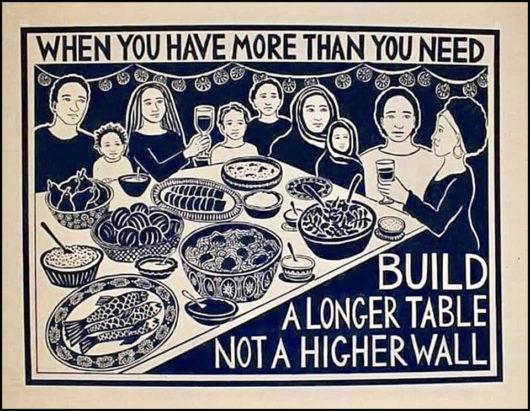Generosity clearly results in significant benefits for individuals, and even for entire communities. Our voluntary gifts of time, talent and treasure can enrich others with daily needs and useful skills, and also add sentiments of hope and important role modeling to their lives. We shall continue to give – for all its moral good.
Beyond even these virtuous actions – which are reason enough within themselves – let’s be reminded that research continues to demonstrate how generosity also results in benefits for the givers. Researcher at University of California, Berkeley, for example, documented how people 55 and older who volunteer for two or more organizations – independent of other factors like exercise or smoking – were almost half as likely to die over a five-year period than those who didn’t volunteer.[1] Regular generosity is further associated with lower blood pressure, lower emotional stress, increased self-esteem and greater overall happiness.
For all the proven benefits, is it a wonder that more people do not engage in more regular, vigorous giving? Not really. Generosity it is contrary to the ubiquitous, self-centered, hoarding mentality that is part of every human’s psyche. Most all of us must become more determined to give – for all its personal good.
—
[1]Oman, Doug, Carl E. Thoresen, and Kay McMahon, “Volunteerism and Mortality among the Community-Dwelling Elderly,” Journal of Health Psychology 4, no. 3 (1999).

